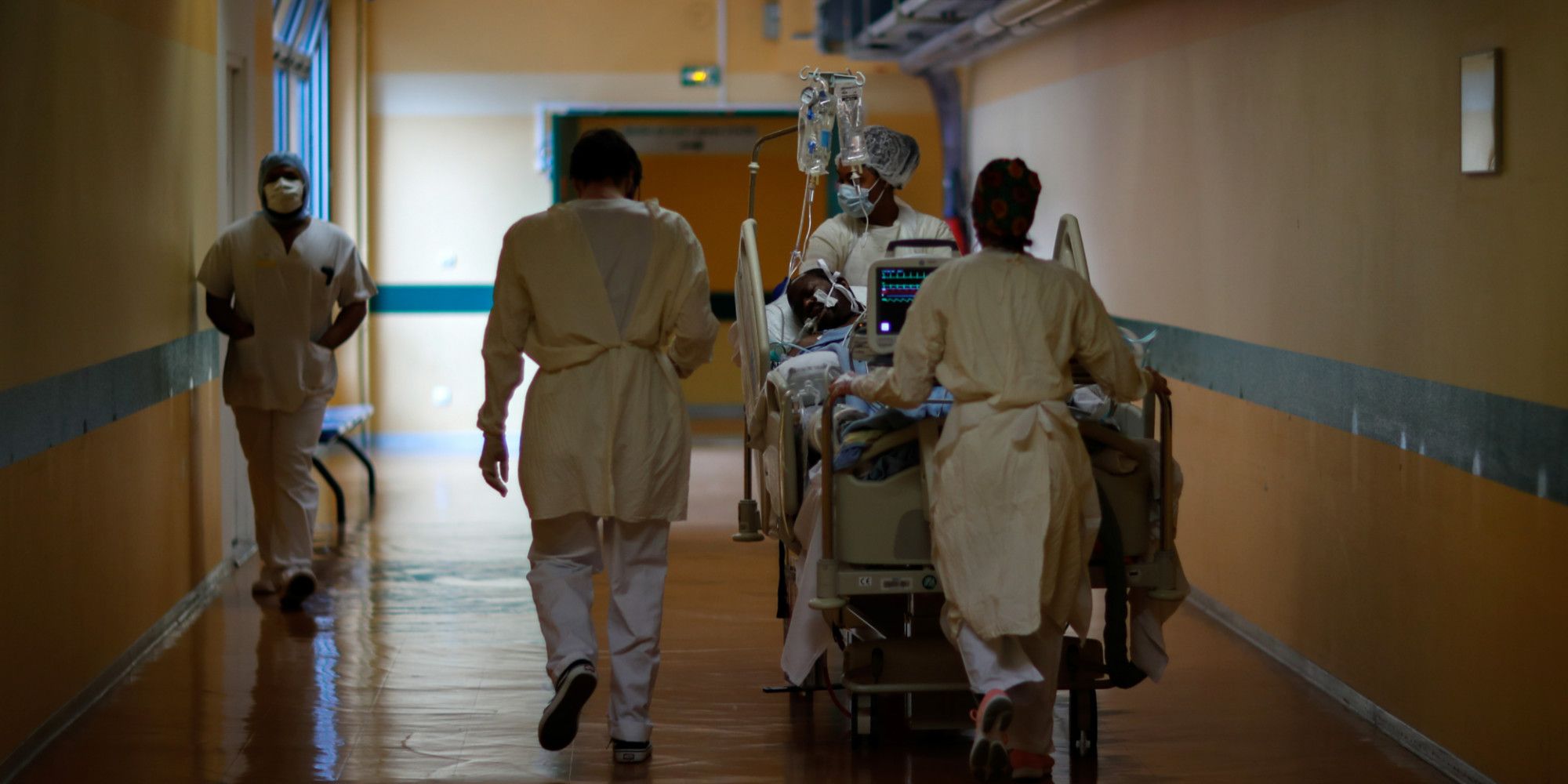In a world where access to health care is a fundamental right, it is crucial to explore how health systems can effectively fill the health equity gaps. These gaps, often exacerbated by socio-economic, geographic and cultural factors, highlight the need for strong commitment to establishing health systems inclusive. By investing in primary health care, which are both accessible and adapted to the needs of communities, it is possible to improve general well-being and ensure that everyone, regardless of their situation, can benefit from a equitable access to care. This approach is not only limited to a question of equality, but also involves reflection on the sustainability and the resilience health systems facing contemporary challenges.
|
IN BRIEF
|
In a world where access to health care is often unequal, the question ofhealth equity takes on crucial importance. Health systems have a fundamental role to play in ensuring that every individual, regardless of their origin, socio-economic status or geographic location, can benefit from the necessary care. This article discusses how health systems can organize themselves to fill these gaps and promote universal health coverage.
Primary health care as a lever for equity
The first step towardsequity in access to care often begins with primary health care. The latter represent an inclusive and economical approach that makes it possible to improve the health of a population while reducing health costs. By investing in improved infrastructure, training of health professionals and geographic accessibility, health systems can provide essential services to all.
Role of social protection systems
The establishment of mechanisms for social protection plays a key role in reducing health inequalities. By guaranteeing non-discriminatory access to care, these systems enable vulnerable groups, such as people living with rare diseases, to benefit from the services they need. It is vital to understand that health equity cannot be achieved without strong structural support that protects individuals from the financial risks associated with health care.
Closing historic gaps in care
Many gaps in care can be attributed to historical inequalities. It is therefore essential to reassess policies and undertake considerable efforts to establish a health care system that promotesequity. Data and research, such as that presented in reports like that of theInternational Association of French-Speaking Demographers, indicate that targeted investments are necessary to address these historic challenges, by developing strategies adapted to the specific needs of populations.
Comprehensive approach to health equity
A global approach is needed to ensure thatequity health is a right for all. This also includes engaging in a serious discussion about the social determinants of health. Organizations like theWHO emphasize the importance of implementing policies that target health inequalities, integrating actions that go beyond just the medical system.
Strengthening French health systems
To achieve the objectives of the universal health coverage, the French health system must demonstrate resilience and sustainability. The pandemic of COVID-19 highlighted existing vulnerabilities and stressed the need to strengthen system capacity. To do this, it is essential to rethink care models to better respond to future threats and to ensure that every citizen can access quality care without any barriers.
Social Action Perspectives
Social actions play an essential role in promotingequity in access to care. Initiatives aimed at raising public awareness and training health professionals on the issues ofequity must be considered. By highlighting the importance ofaccess to care for seniors, for example, we can encourage a change in mentality that embraces a holistic approach to health.
By focusing on various aspects of access to care and adopting inclusive policies, health systems can effectively close health equity gaps. We then recognize the importance ofhealth equity, which requires continued efforts, strong commitment and an integrated vision of health for all. It is crucial to build a health system where every person has the opportunity to achieve their highest level of well-being.
Joignez-vous à Prof. @agnesbinagwaho et Prof. @SannietYaya pour ce webinaire francophone @uOttawaIGHOMed: 'Parvenir à l’équité sanitaire: Une conversation avec la vice-chancelière de l’University of Global Health Equity au Rwanda'.
— University of Global Health Equity (@ughe_org) November 27, 2020
Inscrivez-vous! https://t.co/wSghBKHD0M pic.twitter.com/XLhxcvEfRx
Health systems play a fundamental role in promotinghealth equity, ensuring that every individual, regardless of their socio-economic status, has access to appropriate care. To fill existing gaps, it is essential to put in place appropriate social protection systems. These systems must ensure equitable access to quality care, eliminating discrimination based on class, ethnic origin or any other personal characteristic.
Another crucial aspect is the strengthening of primary health care, which represent the most inclusive and cost-effective way to improve population health. By investing in these services, countries can achieve universal health coverage, integrating people living with rare diseases and their families into the health care system. This requires a collaborative approach, where public health actors, governments and civil society work together to identify and remove barriers to access to care.
Furthermore, it is important to align health policies with Sustainable Development Goals, ensuring that every individual can access the treatments they need. Particular attention must be paid to the challenges posed by health crises such as COVID-19, which highlighted the fractures in health systems. Strategic planning and adequate financing of health services are imperative to ensure their resilience and ability to cope with future outbreaks.
Finally, public awareness and education are essential. Individuals need to be empowered for their health and well-being, while building trust in the health system. This will not only promote theequity of access, but also a health better and more equitable overall for all.














